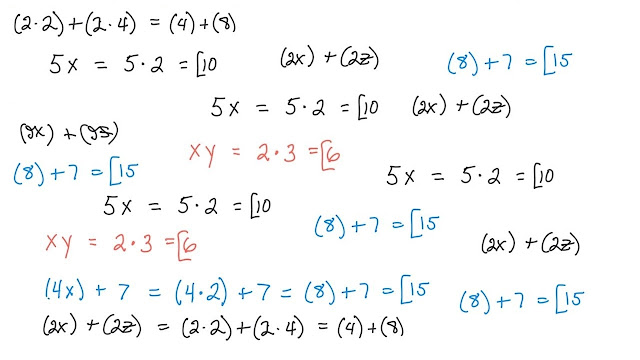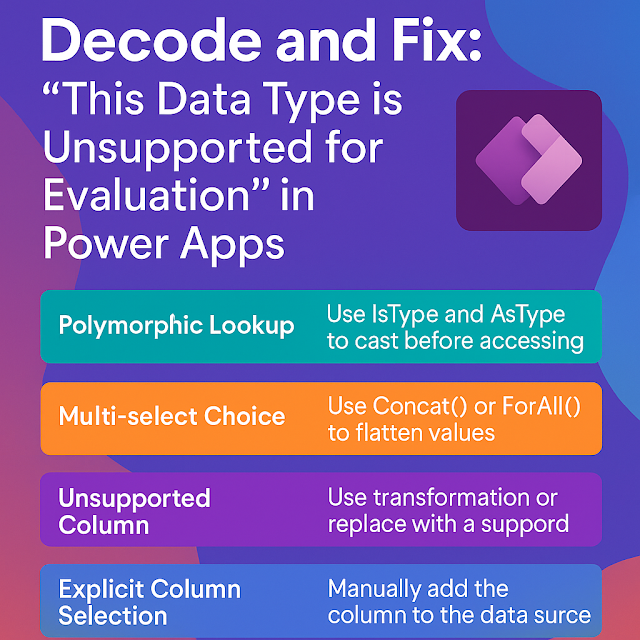PL 400: Implement complex expressions in flow steps(Configure Power Automate)
An expression is important for part of a programming language, it is a combination of one or more constants, variables, functions and operators and, after computation, it returns the appropriate value. Such a process in mathematical terminology is called evaluation.
According to Microsoft Doc,
In Power Automate, expressions are a set of simple functions that enable you to return data.
With expressions, we can perform operations on strings, dates, and numbers. We can convert data from one type to another, perform mathematical operations, parse data and manipulate data to get what we need. Expressions in Power Automate are designed through a combination of functions, variables and dynamic content. These operations and much more are possible by taking advantage of the built-in expression language. Power Automate, like Azure Logic Apps, leverages workflow definition language to write expressions. Power Automate facilitates a simple approach to creating automated workflows with a rich UI design experience.
The expressions used by Power Automate are taken from the workflow definition language in Azure Logic Apps and organized into the following categories:
- String function: manipulate data strings by combining, replacing, splitting, trimming, formatting, and converting data
- Collection function: work with data arrays by specifying their lengths, detecting empty strings, concatenating elements, and locating their first or last elements
- Logical Function: Calculate using if/then statements, arithmetic functions, and Boolean operators
- Conversion function: converts input to various data types, such as integers, strings, booleans, and XML or JSON values
- Math tasks: perform standard arithmetic operations, generate random values, and identify minimum and maximum values
- Date and Time: Generate a string containing a time stamp based on calendar functions, such as adding and subtracting time intervals and identifying the beginning of a time interval
- Context Functions: Provides the ability to work with the inputs and outputs of other triggers and actions
- Workflow functions: Provide the ability to retrieve details about a flow and the URL of a trigger or action
- URI parsing function: get specific information about a URI, including hostname, query, path, port, and scheme
- Manipulation: Get and modify information about JSON and XML objects
Where can we use expression ?
- Actions
- Conditions
- Triggers
@and(greater(item()?['Due'], item()?['Paid']), less(item()?['dueDate'], addDays(utcNow(),1)))













Comments
Post a Comment